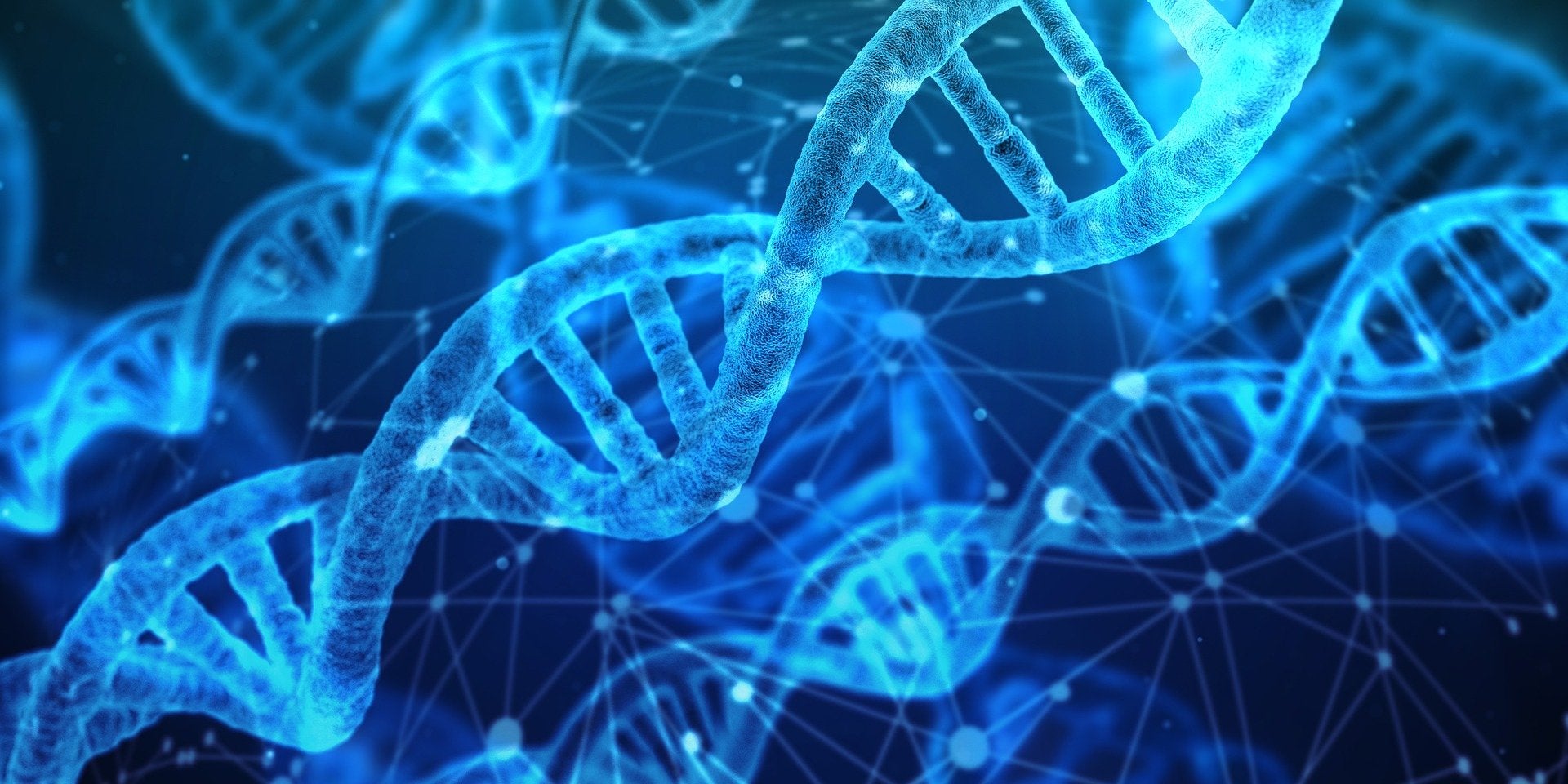
Orchard Therapeutics has reported data from three Phase I/II clinical studies of investigational gene therapies, including OTL-101, to treat adenosine deaminase severe combined immunodeficiency (ADA-SCID).
A rare, hereditary disease, ADA-SCID is caused by mutations in the ADA gene and affects the immune system development.

Discover B2B Marketing That Performs
Combine business intelligence and editorial excellence to reach engaged professionals across 36 leading media platforms.
In these Phase I/II trials, 50 ADA-SCID patients received investigational gene therapy consisting of autologous CD34+ hematopoietic stem cells (HSCs) transduced ex vivo with a lentiviral vector (LVV) that can self-inactivate and encodes the human ADA gene.
Two of the studies were carried out in the US, while the third was performed in the UK. These results also included data from a compassionate use programme in the UK.
Results showed 100% overall survival and about 95% event-free survival at two and three years with a single treatment using the lentiviral HSC gene therapy.
Event-free survival is determined as survival when no enzyme replacement therapy reinstitution or rescue allogeneic HSC transplant (HSCT) is used.

US Tariffs are shifting - will you react or anticipate?
Don’t let policy changes catch you off guard. Stay proactive with real-time data and expert analysis.
By GlobalDataOn receiving the gene therapy, median ADA enzyme activity in erythrocytes was observed to improve in the initial three months and continued within or above levels noticed in healthy children at the final follow-up.
In 48 out of the 50 subjects, continued ADA gene expression, metabolic correction and functional immune reconstitution were observed, the company said.
Furthermore, 90% of US trial subjects who showed sustained engraftment by two years and all UK subjects with sustained engraftment by three years were able to discontinue immunoglobulin replacement therapy (IgRT).
In these studies, no deaths, monoclonal expansion events, leukoproliferative complications, or replication-competent lentivirus occurrence were noted.
Orchard Therapeutics CEO Bobby Gaspar said: “With sustained engraftment of up to three years, these data show the potential of HSC gene therapy to correct the underlying genetic cause of ADA-SCID, delivering positive outcomes in a single treatment.
“We are encouraged by the results we’ve seen across this large dataset of 50 treated patients, and believe they reinforce the promise of the HSC gene therapy approach for treating and potentially curing certain life-threatening genetic diseases.”
The company added that data from US trial patients who were given the fresh formulation of the therapy were comparable to those on the cryopreserved formulation.





